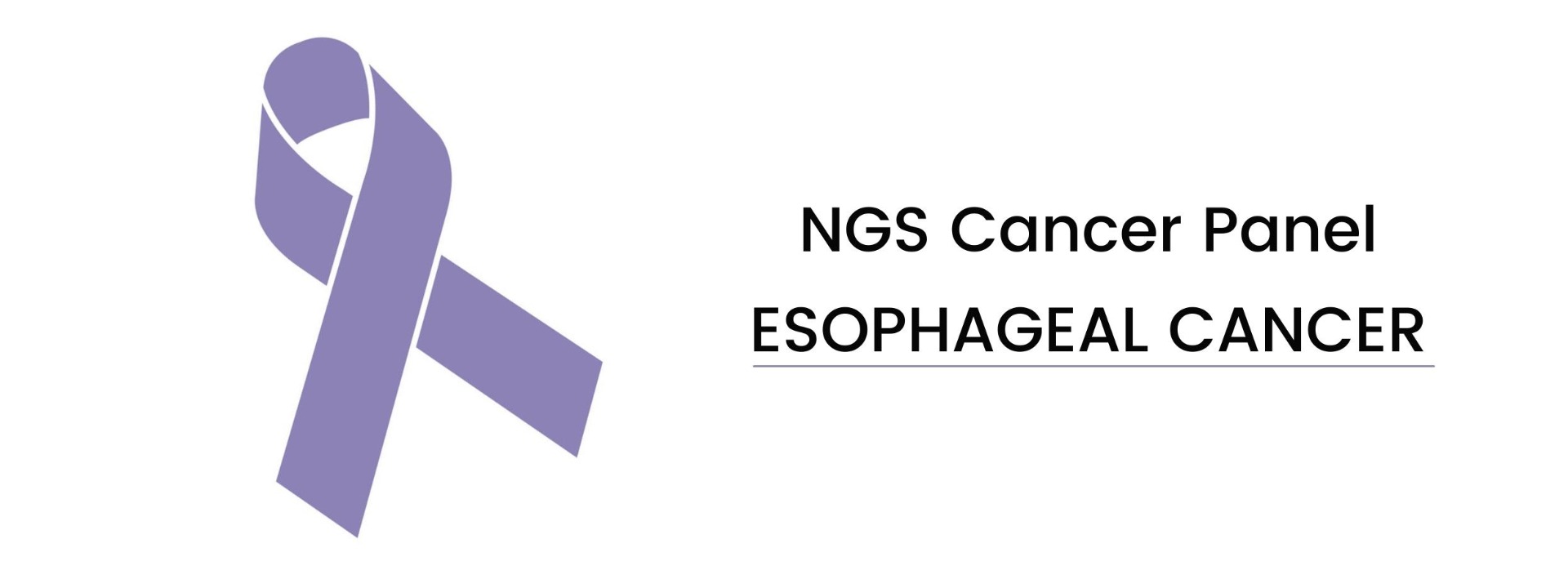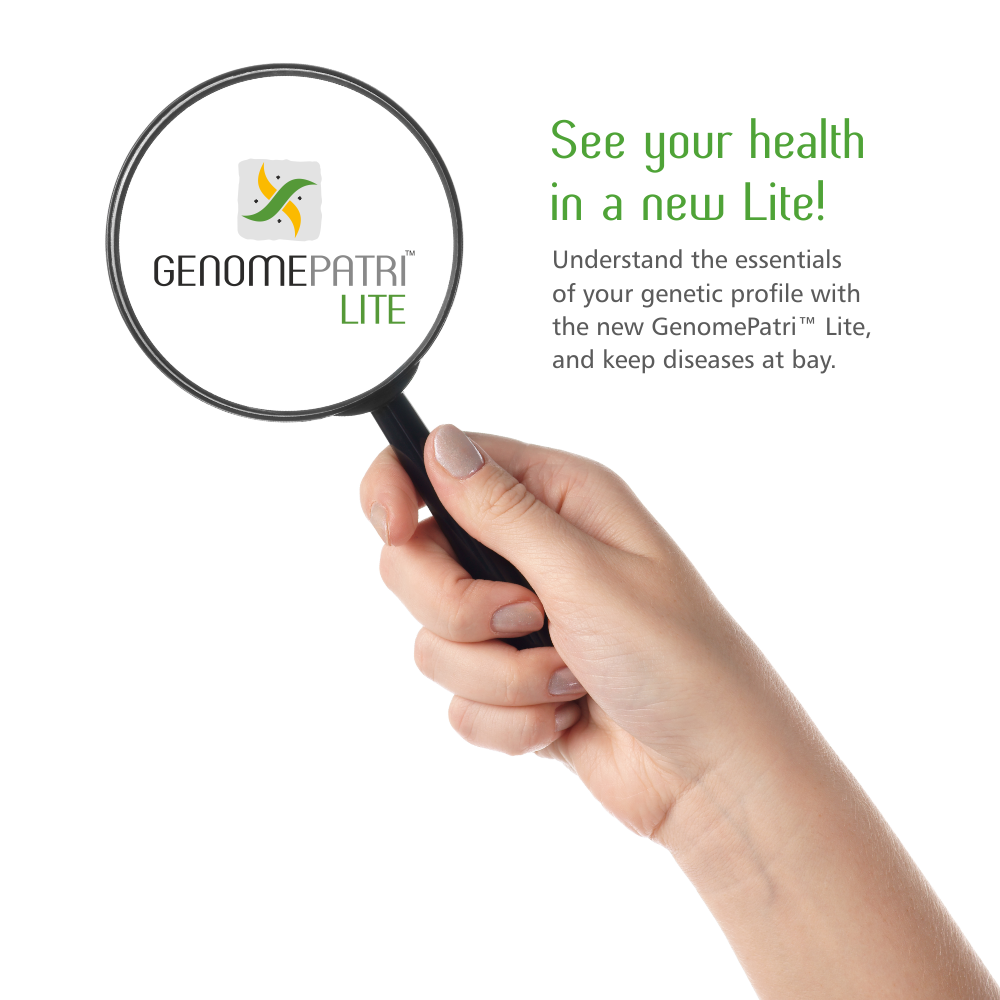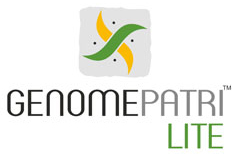
Esophageal Cancer
What is DNA OncoNex ?
Esophageal cancer is the 8th most common cancer worldwide, and the 6th most common cause of cancer related deaths.1
DNAOncoNex is a comprehensive targeted Next Generation Sequencing (NGS) assay for 100 genes associated with Esophageal cancer. NGS assay offers identification of numerous novel genetic aberrations and associated potential therapeutic targets in many cancers.
- Offers insights into the molecular underpinnings of the associated tumour mutation genes.
- With targeted therapies becoming the new standard of care in oncology, this NGS-driven diagnostics approach provides the choice of therapy to optimize patient outcomes in the future.
Why NGS for ESOPHAGEAL CANCER?
A majority of esophageal malignancies are either esophageal squamous cell carcinoma (ESCC) or esophageal adenocarcinoma (EAC).
- Both esophageal squamous cell carcinoma and esophageal adenocarcinoma are aggressive cancers with poor patient response to conventional chemotherapy and radiation treatment.
- EGFR amplification and/or overexpression has been detected in a wide variety of ESCC samples, ranging from 7% to greater than 60%, and has been associated with adverse prognosis.
- Comprehensive genomic profiling shows significant promise in identifying clinically relevant genomic alterations in both ESCC and EAC and informs the potential use of targeted therapies in both major types of esophageal cancer.
Clinical Utility:
- Identify Driver Mutations - mutation in the DNA Sequence that cause cells to become cancers , grow & spread in body
- Drug profiling for Chemotherapy & Targeted Drugs
- Predictive genomic biomarker identification to guide the therapeutic process
- The targeted NGS panel offers wide coverage and in-depth analysis to detect the known and novel variants
- The multigene approach reduces the time for diagnosis providing a more economical solution.
Mapmygenome Offerings
- Major emphasis on ~100 cancer genes associated to Esophageal Cancer.
- Screening for clinically significant genes based on National Comprehensive Cancer Network (NCCN) guidelines.
- Genetic counselling to guide through the report and discuss the available management & treatment options in case of clinical findings.
- Reporting - Pathogenic and Likely Pathogenic Variants are reported following the ACMG recommended guidelines.
- Best in class Bioinformatics pipeline for the most accurate analysis by our experienced Bioinformatics team.
Test specifications
| Technique | Coverage | Variant types | TAT | Sample requirements |
|---|---|---|---|---|
| NGS | 800 - 1000X | SNV | 3 - 4 weeks | FFPE (Formalin-Fixed Paraffin-Embedded) Sample - Somatic cases, Blood Sample - Germline cases |
How it Works?
Sample Collection
Your Doctor places a request for the test. The sample is tested for the susceptibility.
Lab Processing
The sample processed using NGS Technique
Data Analysis
Your genetic sequence is subjected to extensive analysis and a report is generated based on the genetic findings
Genetic Counseling
Our genetic counselor will discuss your results at a time and day convenient for you.
References
- Liu, Chun-Quan et al. “Epidemiology of esophageal cancer in 2020 and projections to 2030 and 2040.” Thoracic cancer vol. 14,1 (2023): 3-11. doi:10.1111/1759-7714.14745


